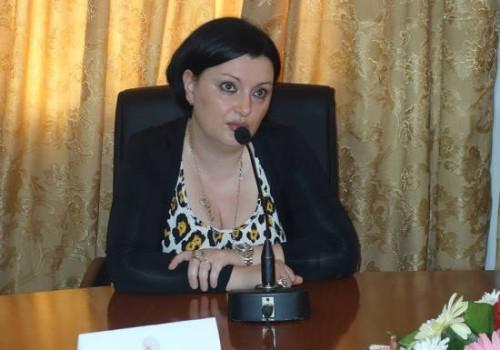The European Union (EU) in a bid to bolster Nigeria’s energy sector has initiated two projects totaling €9 million. The initiative aims to address the nation’s energy challenges while promoting economic growth and environmental sustainability.
The announcement was made during a project inception workshop held in Abuja, where the EU reiterated its commitment to supporting Nigeria in providing clean, affordable, and sustainable energy for all.
Partnering with the Federal Government and the United Nations Industrial Development Organization, the EU unveiled the projects aimed at revolutionizing Nigeria’s energy landscape.
The first project, “Small Hydro Power Development for Agro-industry Use in Nigeria” (SHP-DAIN), focuses on increasing the capacity of small hydropower in Nigeria’s energy mix.
This initiative aims to promote productivity along agricultural value chains, enhance livelihoods, and ensure food security and decent work opportunities. Through tailored training programs and knowledge management, the project will empower key stakeholders and support the establishment of small hydropower plants across Nigeria’s six geo-political zones.
Simultaneously, the EU introduced the “Advancing Nigeria’s Green and Just Transition to Net Zero through Circular Economy Practices” project. This initiative targets the management of used off-grid energy equipment and plastics through circular economy practices to mitigate pollution and greenhouse gas emissions.
By strengthening policy frameworks, promoting circular economy principles, and supporting SME-led circular economy practices, the project aims to enhance the sustainability of Nigeria’s energy sector while fostering economic growth.
Ms. Samuela Isopi, the EU Ambassador to Nigeria and ECOWAS, emphasized the importance of private sector participation in the success of these projects.
She highlighted the role of the initiatives in advancing Nigeria’s aspiration to transition towards a more sustainable and environmentally responsible future, including the country’s commitment to achieving net-zero emissions by 2060.
During the official launch of the projects in Abuja, the Minister of Power, Adelabu Adebayo, expressed confidence in the initiatives’ potential to enhance the management of used off-grid energy equipment, increase agricultural productivity, and improve livelihoods. He also inaugurated Project Steering Committees to ensure the successful implementation of these initiatives.



